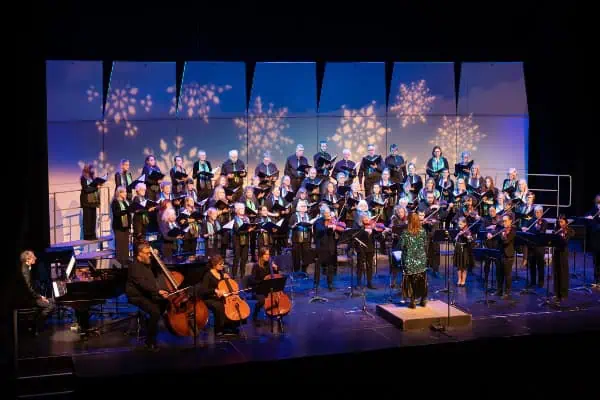McCartha Sandy-Lewis remembers her great-grandmother squatting down every evening before sunset with her frock between her knees, smoking a pipe and looking out toward Mount Irvine Bay.
That’s where the slave ship had brought her from her home in Guinea, West Africa, to the Caribbean island of Tobago, where she would spend the rest of her life.
The memory inspired Sandy-Lewis, known worldwide as Calypso Rose, to write the first cut of her latest album, Calypso Rose: The Queen of Trinidad, in her great-grandmother’s honour.
“Back to Africa” not only tells the story of a former slave “sitting on another man’s land” longing to return to her birthplace, it also evokes the singer’s sense of identity with her ancestral home.
“I am not only a Trinbagonian woman from Trinidad and Tobago, but I am a Caribbean-African woman,” the 72-year-old calypsonian says from her home in the New York City neighbourhood known as Jamaica.
“Every time I go to Africa, I cry. Everything in West Africa just like in Tobago. Everything. Oh my gosh, it’s like I am home.”
Calypso Rose is a short, bulky, moon-faced woman with an electric smile (“Everybody keeps saying that. Oh boy, that smile, that smile,” she laughs) and a boundless energy that has survived a brutal rape at age 18, not to mention three heart attacks and two bouts with cancer.
“When I get up on stage, that’s my glory. I love to see the people smile and dance and laugh with me. I love to make people happy, that’s my motive in life.”
Sandy-Lewis was raised as one of 13 children in a two-room house in Bethel, Tobago. As a shy, stuttering 8-year-old, she went to live in Trinidad with a relative who introduced her to the music that had been a form of secret communication for Afro-Caribbean slaves.
“I grew up with calypso music. It’s a fantastic rhythm, and it’s very energizing, especially the rhythm of the drums and the beat of the guitar. It will send you in a frenzy,” she says.
Sandy-Lewis wrote her first calypso when she was just 15. When Trinidad and Tobago’s first president, Sir Eric Williams, heard it, he encouraged her to pursue her musical interest.
But her father, a minister of the Spiritual Baptist Church, disapproved of his daughter performing “the devil’s music”.
“A female singing between all those males in the calypso tent was not good for his image. But I am a Taurean, and what I want to do, nobody could stop me. I will go through with it,” she says with a hearty laugh.
Now an ordained Spiritual Baptist minister in her own right, Sandy-Lewis was the first calypsonian to write gospel music with a calypso beat.
“And I was being condemned by the radio stations. They would not play my gospel music, because they say that calypso music should not be with the word of God,” she explains.
“Because that is what the slave masters used to have our ancestors feel, that calypso music is a devil-worshipping sort.”
En route to writing more than 800 calypsos, Sandy-Lewis not only brought her father around (“Years after, he start boasting and say, ‘That’s my daughter, you know.'”), she also conquered the male-dominated world of calypso itself.
After she won the crown of Trinidad’s ‘Calypso King’ in 1978, the government of Trinidad and Tobago officially renamed the winner of the annual competition (traditionally held the Monday and Tuesday before Ash Wednesday) as the ‘Calypso Monarch’.
Her compositions have also been chosen as the top Road March song (a kind of “people’s choice” award) at numerous Carnivals.
Along the way, she has accumulated a list of honours longer than her arm for her work as both an ambassador for Caribbean culture and a champion of women’s rights.
With Carnivals now being held throughout the world, from Los Angeles to Notting Hill, England, Sandy-Lewis says calypso is here to stay.
“As long as we the calypsonians are writing our calypso music to please the public and to please the world, calypso music will never die.”
On Saturday, January 12, Calypso Rose will bring the energetic music of the islands to the Yukon Arts Centre.
“I was told that the temperature goes like 50 below, but I will be all padded up and ready to accept the weather,” she boasts.
Showtime is 8 p.m. and tickets are $32 for adults, $22 for 60-plus and under 12, and $5 for ArtRush Teens.




